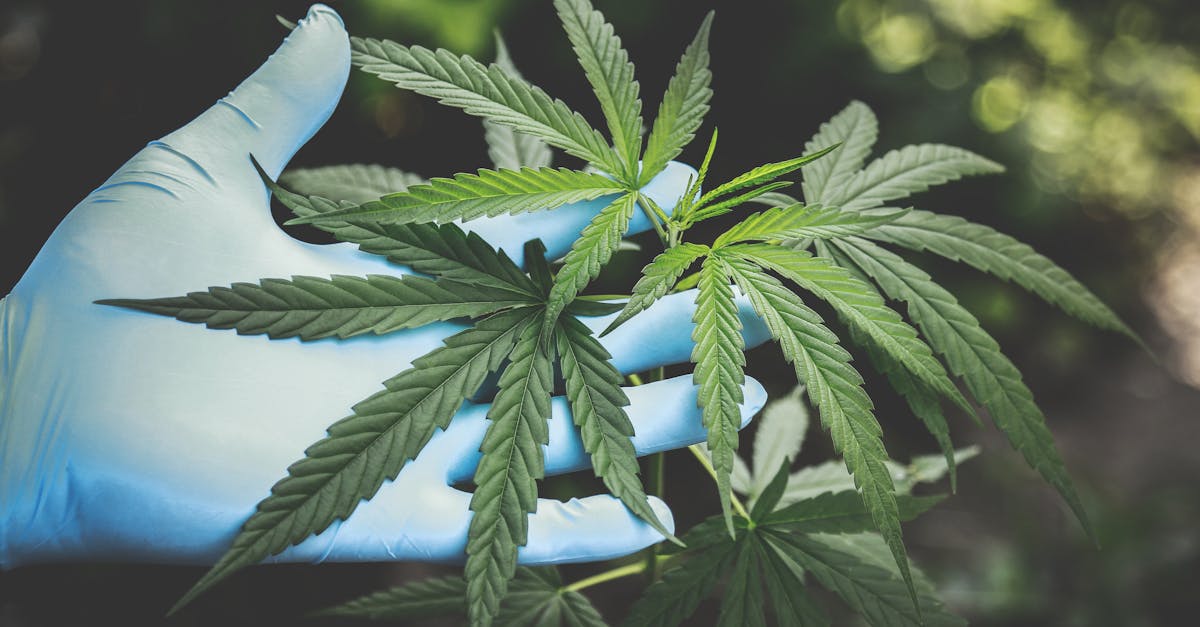
Table Of Contents
PartTime vs. FullTime Budtender Earnings
When it comes to comparing the earnings of part-time and full-time budtenders, distinct differences in hourly rates can be observed. Part-time budtenders typically earn an average hourly wage that falls slightly lower than their full-time counterparts. This disparity is often influenced by factors such as the number of hours worked per week and the availability of benefits like health insurance and paid time off.
For instance, a survey conducted by Cannabis Education and Consulting Services Maple revealed that part-time budtenders in Ontario earn an average hourly wage of $15-$18, while full-time budtenders can command hourly rates ranging from $18-$25. The discrepancy in earnings can also be attributed to the level of experience and responsibilities that come with full-time positions, which often involve more in-depth customer interactions, inventory management, and compliance tasks.
Variances in Hourly Rates Based on Employment Status
When considering the hourly rates for Budtenders in Ontario, it is crucial to take into account the differences based on employment status. Part-time Budtenders typically earn an average hourly wage of $15 to $18, while full-time Budtenders can make between $18 to $23 per hour. The variance in pay between part-time and full-time positions can be attributed to the increased hours and responsibilities that come with being a full-time employee at a cannabis dispensary.
Cannabis Education and Consulting Services Maple suggests that those seeking higher hourly rates should aim for full-time positions to maximize their earning potential. Additionally, full-time Budtenders often have access to benefits such as health insurance and paid time off, making the switch from part-time to full-time employment advantageous not only for financial reasons but also for overall job security and employee perks.
Impact of Education and Training on Budtender Wages
Education and training play a crucial role in determining the wages of budtenders in Ontario. Those with formal training and certification in cannabis-related fields tend to earn higher hourly rates compared to their counterparts with no specialized education. As the cannabis industry continues to evolve, employers are increasingly valuing employees who possess a strong foundation in cannabis knowledge and regulations. Individuals who have completed programs from reputable institutions such as Cannabis Education and Consulting Services Maple are often more competitive in the job market and command higher salaries.
Additionally, ongoing training and professional development can significantly impact a budtender's earning potential. Employers are more inclined to reward employees who continuously update their knowledge and skills in the cannabis industry. By staying informed about new products, consumption methods, and industry trends, budtenders can demonstrate their commitment to excellence and potentially negotiate higher wages during performance evaluations. Investing in continuous education not only enhances a budtender's expertise but also opens up pathways for career advancement within the dynamic cannabis sector.
Importance of Education and Certification in Determining Salary Levels
Education and certification play significant roles in determining the salary levels of budtenders in Ontario. Those who have completed specialized training in cannabis education and obtained relevant certifications tend to command higher wages compared to their counterparts without such qualifications. Employers often value the knowledge and expertise gained through formal education, particularly in a rapidly evolving industry like cannabis. By investing in accredited programs offered by institutions like Cannabis Education and Consulting Services Maple, budtenders can showcase their dedication to professional development, positioning themselves for better-paying opportunities in the competitive job market. Ultimately, those with a strong educational background in cannabis are more likely to secure higher salaries and advance in their careers within the industry, reflecting the importance of ongoing learning and skill enhancement in this field.
Negotiation Strategies for Budtender Salary Increases
Negotiating a higher salary as a budtender is a crucial step in advancing your career and financial well-being. When discussing a raise with your employer, it is essential to highlight your skills, expertise, and dedication to the job. Emphasize any additional training or certifications you have obtained, such as those offered by Cannabis Education and Consulting Services Maple, to showcase your commitment to professional growth and development. Employers are more likely to consider a salary increase for employees who continuously seek to improve their knowledge and abilities in the cannabis industry.
Another effective strategy when negotiating a higher hourly pay as a budtender is to present market research on prevailing wage rates for similar positions in the industry. Highlight how your experience and performance exceed the average standards, making a compelling case for why you deserve a salary raise. By showcasing concrete evidence of your value and aligning it with industry standards, you can strengthen your position during the negotiation process, ultimately increasing your chances of a successful outcome.
Tips for Successfully Negotiating Higher Hourly Pay as a Budtender
When it comes to negotiating higher hourly pay as a budtender, preparation is key. Before entering into discussions with your employer, take the time to research industry standards and average wages for budtenders in your area. Understanding your worth will give you leverage during negotiations and demonstrate to your employer that you are informed about fair compensation practices. Additionally, highlighting any relevant experience or training, such as certifications from Cannabis Education and Consulting Services Maple, can further strengthen your position and justify your request for a higher salary.
FAQS
What is the average hourly wage for Budtenders in Ontario?
The average hourly wage for Budtenders in Ontario typically ranges from $15 to $20, depending on factors such as experience, location, and employer.
Do Budtenders working part-time earn less per hour compared to full-time Budtenders?
In general, part-time Budtenders may earn slightly less per hour compared to full-time Budtenders due to differences in benefits and hours worked.
How can education and training impact the hourly wages of Budtenders in Ontario?
Education and training can have a significant impact on Budtender wages in Ontario, with those possessing relevant certifications and qualifications often commanding higher hourly rates.
Is it important for Budtenders to have education and certification for higher salary levels?
Yes, having education and certification can not only increase a Budtender's chances of securing a job but also lead to higher salary levels compared to those without formal training.
What are some negotiation strategies for Budtenders looking to increase their hourly pay in Ontario?
Budtenders can negotiate higher hourly pay by highlighting their experience, skills, and performance, researching industry standards, and effectively communicating their value to employers during salary discussions.





